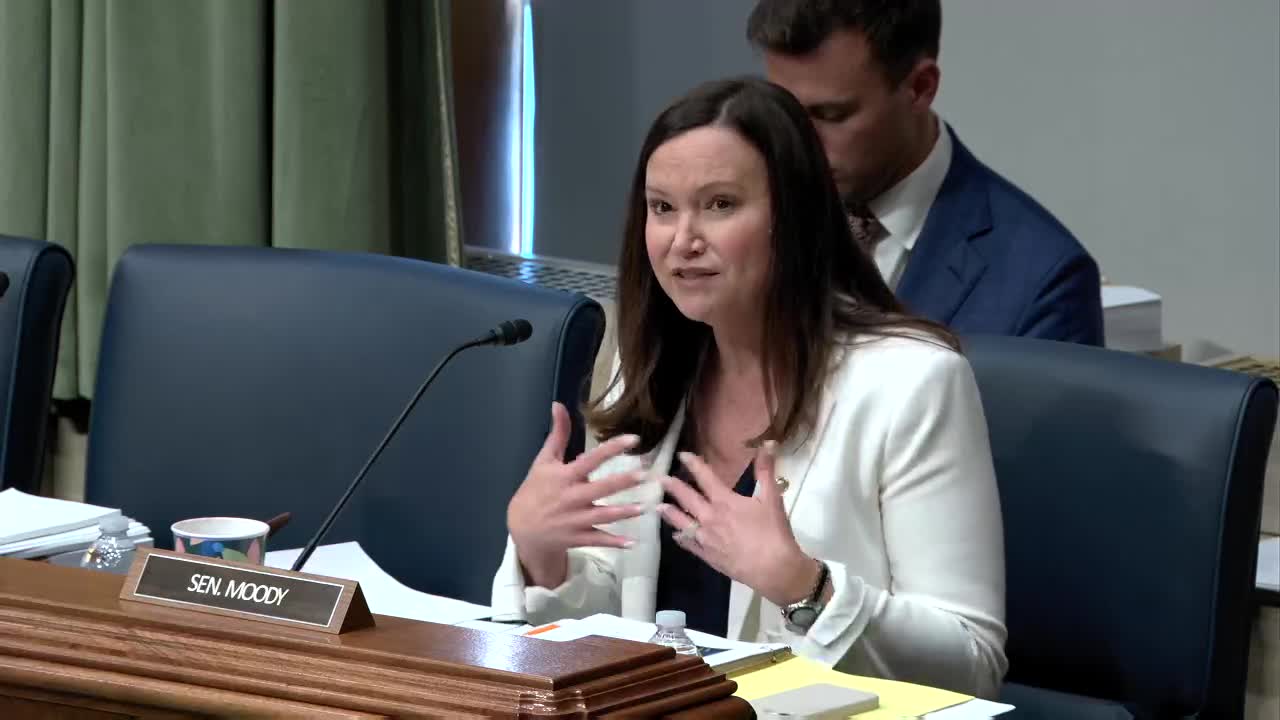Former Florida Attorney General Addresses Healthcare Fraud in Congressional Hearing
July 31, 2025 | Health, Education, Labor, and Pensions: Senate Committee, Standing Committees - House & Senate, Congressional Hearings Compilation
This article was created by AI summarizing key points discussed. AI makes mistakes, so for full details and context, please refer to the video of the full meeting. Please report any errors so we can fix them. Report an error »

Fraud in the healthcare system emerged as a critical concern during a recent U.S. Senate Committee meeting focused on making healthcare affordable. The former attorney general of Florida highlighted the staggering impact of fraud on healthcare costs, revealing that nearly $200 million was pursued in fraudulent claims during his tenure. He emphasized that this financial drain ultimately burdens taxpayers, as they unknowingly fund fraudulent activities that inflate insurance premiums and deductibles.
The discussion underscored the complexity of detecting and reporting fraud, with many patients unaware of the fraudulent practices occurring within the system. The former attorney general pointed out that accountable care organizations are losing tens of millions due to payments for services that were never rendered. He called for improved detection mechanisms, noting that current oversight is inadequate and often relies on patients to report fraud, which they may not recognize.
Experts at the meeting echoed these concerns, suggesting that the healthcare industry suffers from a lack of accountability, with entities benefiting financially from fraudulent activities often failing to report them. This "fox guarding the henhouse" scenario complicates efforts to combat fraud and protect patients.
As the committee continues to explore solutions to lower healthcare costs, addressing fraud remains a top priority. The discussions signal a growing recognition of the need for stronger oversight and accountability measures to ensure that healthcare resources are used effectively and ethically, ultimately benefiting patients and taxpayers alike.
The discussion underscored the complexity of detecting and reporting fraud, with many patients unaware of the fraudulent practices occurring within the system. The former attorney general pointed out that accountable care organizations are losing tens of millions due to payments for services that were never rendered. He called for improved detection mechanisms, noting that current oversight is inadequate and often relies on patients to report fraud, which they may not recognize.
Experts at the meeting echoed these concerns, suggesting that the healthcare industry suffers from a lack of accountability, with entities benefiting financially from fraudulent activities often failing to report them. This "fox guarding the henhouse" scenario complicates efforts to combat fraud and protect patients.
As the committee continues to explore solutions to lower healthcare costs, addressing fraud remains a top priority. The discussions signal a growing recognition of the need for stronger oversight and accountability measures to ensure that healthcare resources are used effectively and ethically, ultimately benefiting patients and taxpayers alike.
View full meeting
This article is based on a recent meeting—watch the full video and explore the complete transcript for deeper insights into the discussion.
View full meeting